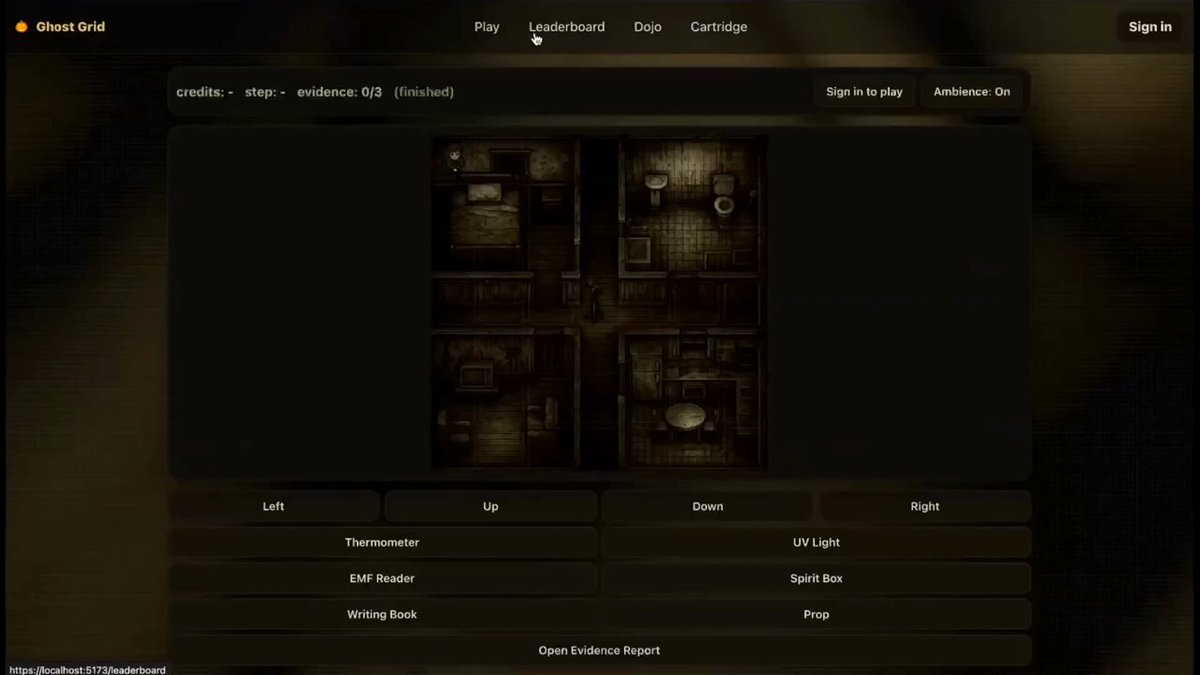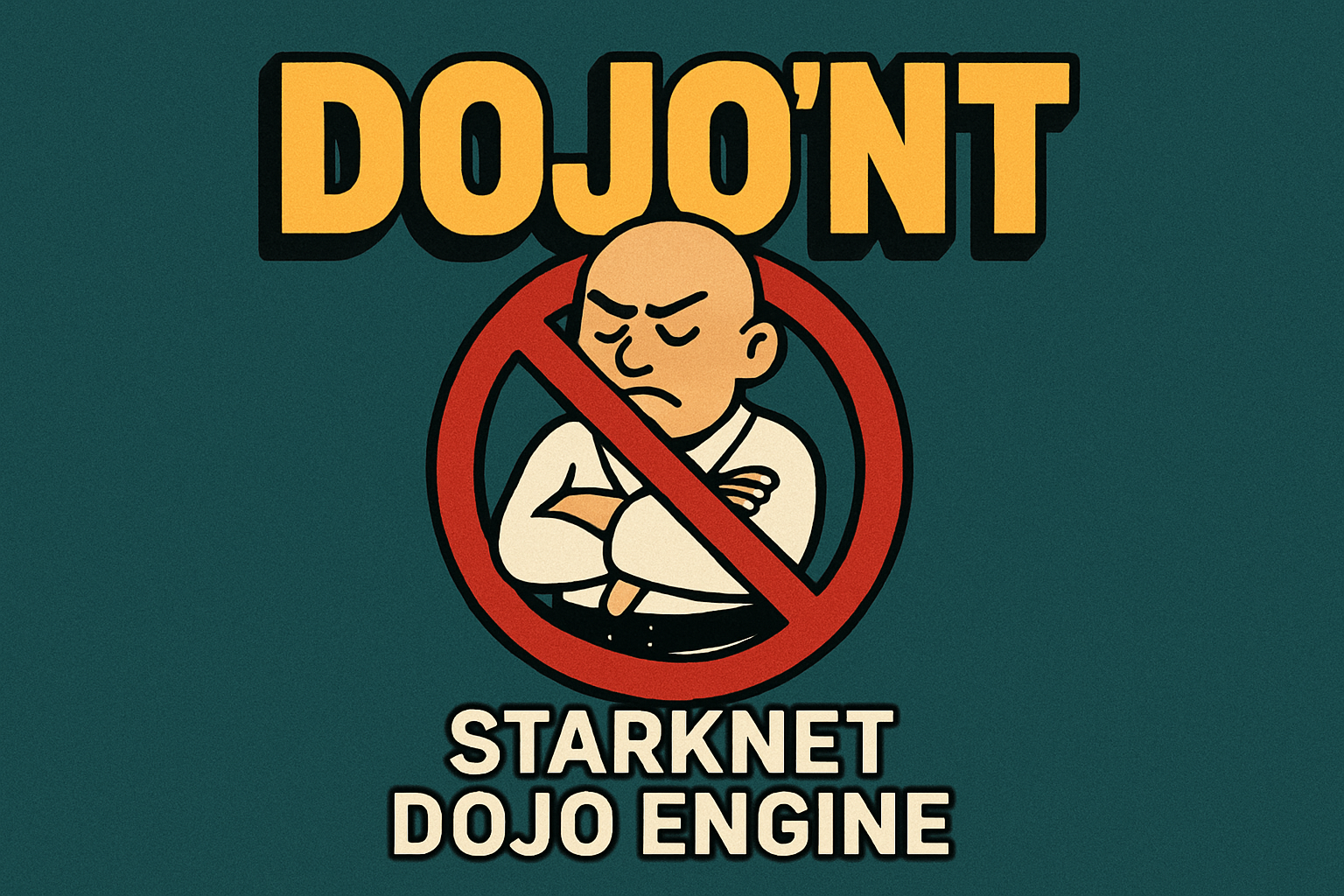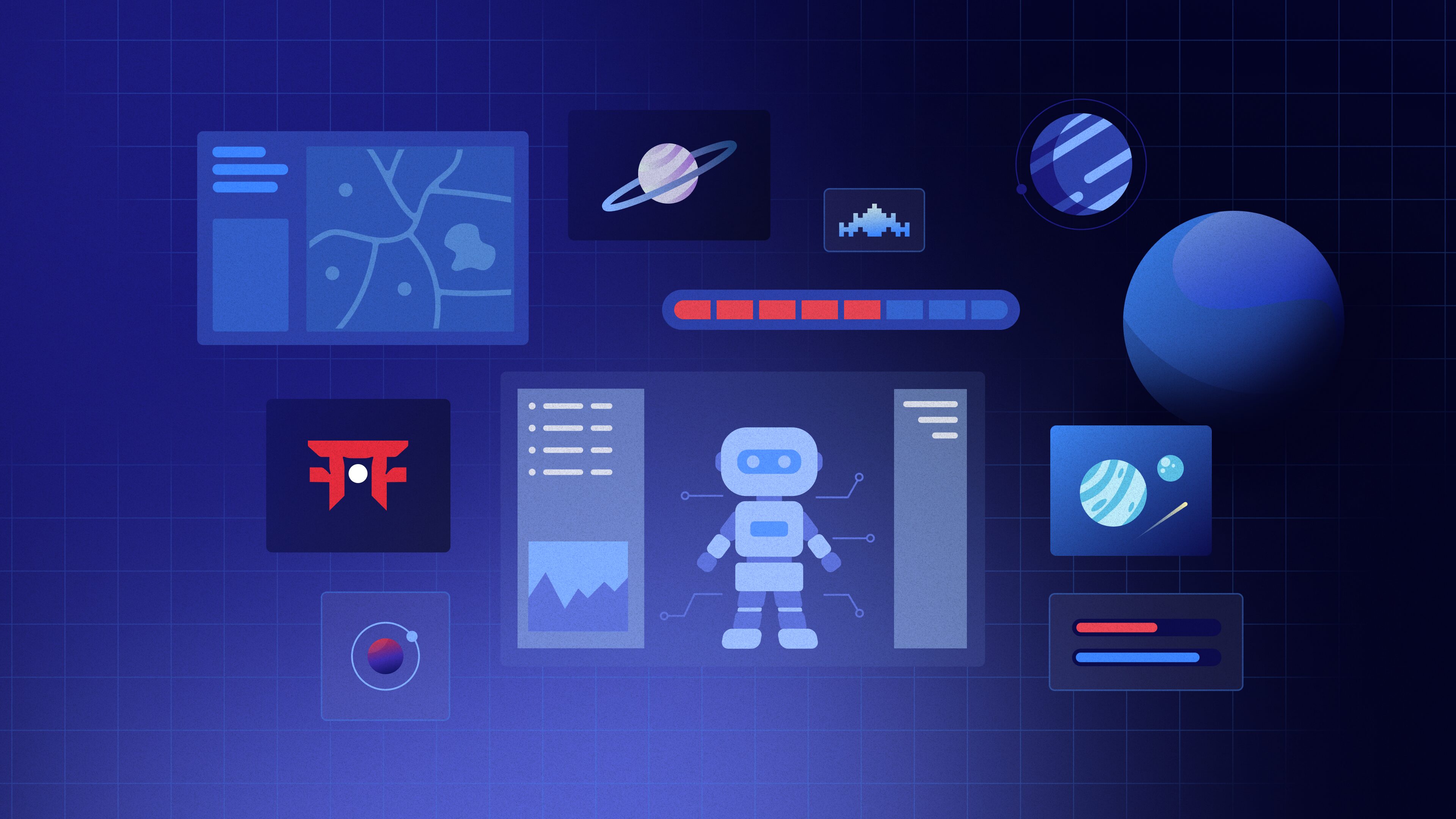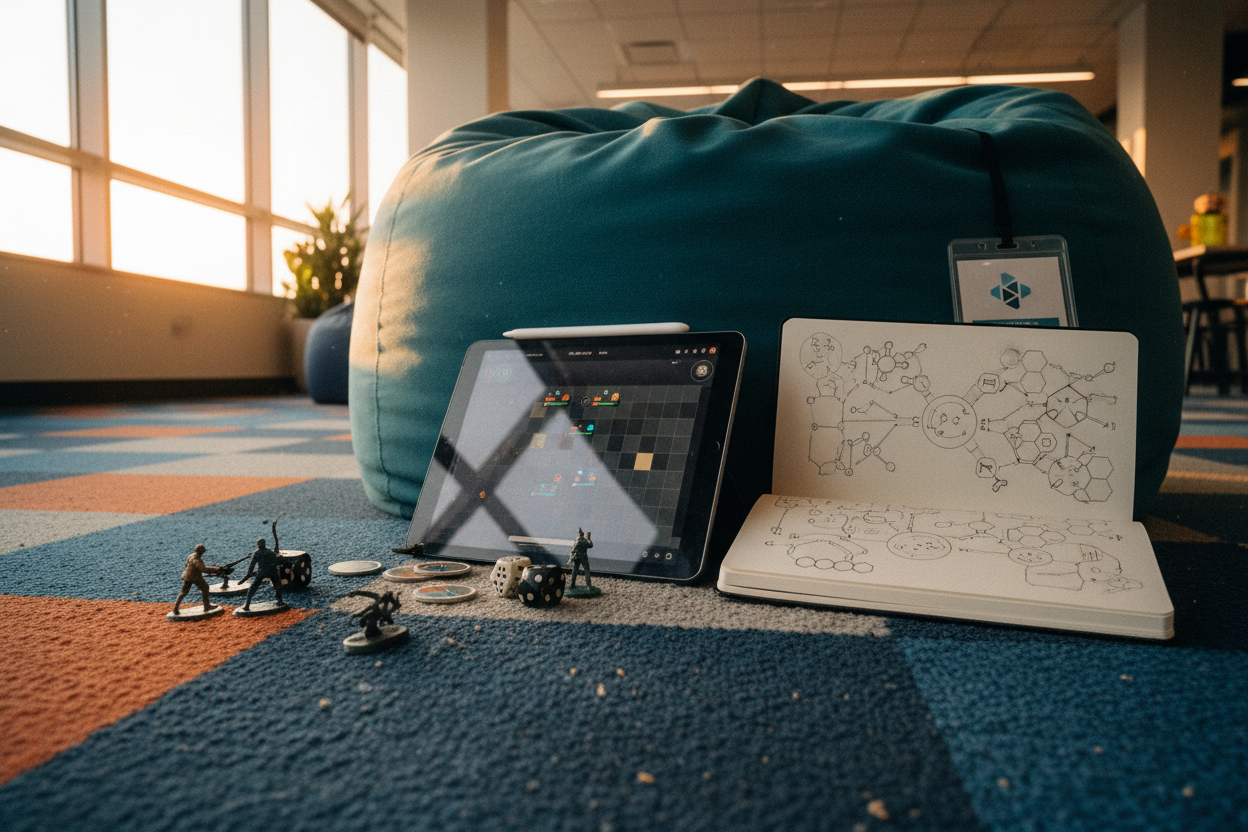How Dojo Engine is Powering the Next Generation of Fully On-Chain Games on Starknet

Blockchain gaming is undergoing a seismic shift, and the Dojo Engine is at the epicenter of this revolution. As developers and players demand more transparency, ownership, and composability in their gaming experiences, fully on-chain games on Starknet are moving from experimental prototypes to robust, playable worlds. Dojo Engine’s open-source framework is rapidly becoming the go-to toolkit for anyone serious about building next-generation decentralized games.

Why Fully On-Chain Games Need a New Kind of Engine
Traditional blockchain games often rely on off-chain servers for core gameplay logic, leaving players with little proof that outcomes are fair or truly decentralized. Enter fully on-chain game development: every move, action, and outcome is executed by smart contracts and recorded transparently on the blockchain. This new paradigm requires an engine that can handle provable logic, rapid iteration, and modular development at scale, exactly what Dojo delivers.
Dojo Engine leverages Cairo, the high-performance language powering Starknet, to make sure all game logic is not only verifiable but also highly efficient. Its Entity-Component-System (ECS) architecture lets developers build complex worlds by composing reusable modules instead of rewriting code from scratch. The result? Games that are provably fair, endlessly extensible, and interoperable across the Starknet ecosystem.
The Dojo Engine Toolkit: Tools That Empower Builders
If you’re a developer looking to join the fully on-chain movement, Dojo provides an arsenal of tools designed for speed and flexibility:
- Torii: An automatic indexer that gives game clients real-time access to state changes, think instant rendering of every player move or world update.
- Katana: A customizable local Starknet network for rapid prototyping and testing without mainnet friction.
- Sozo CLI: Command-line power for managing your game world’s components, systems, deployment pipelines, and more.
This stack drastically reduces setup time and lowers the technical barrier for solo builders or teams entering blockchain game jams or hackathons. For practical walkthroughs or hands-on guides using these tools in real projects, check out our step-by-step tutorials like How to Build a Fully On-Chain Game with Dojo: Step-by-Step Guide for Developers.
Pioneering Games Already Built With Dojo Framework
The impact of the Dojo Engine isn’t just theoretical, it’s already powering some of the most ambitious projects in the space. Take Dojon’t, a turn-based PvP tactics game where every combat calculation happens transparently on-chain. Or look at Starknet-Arcade (Arcadino), which offers classic games like Coin Flip and Snakes and Ladders, all running as autonomous smart contracts using Dojo’s ECS model.
This surge in developer activity is fueling new creative economies where players can trust outcomes, own assets directly on Starknet, and even build atop existing worlds thanks to open standards set by Dojo. The result? More vibrant communities forming around truly transparent gameplay experiences, and an explosion of innovation as more creators tap into this composable infrastructure.
What sets the Dojo framework apart is its focus on provability, modularity, and genuine decentralization. By baking verifiable game logic into every layer, Dojo ensures that players have hard cryptographic proof of every move and outcome. This trustless foundation is not just a technical upgrade, it’s a cultural shift in how we think about digital worlds and player agency.
How Dojo Is Lowering the Barrier to Entry for On-Chain Game Creators
Historically, building a fully on-chain game meant wrestling with arcane smart contract code, custom infrastructure, and endless debugging cycles. Dojo obliterates these hurdles. With its ECS-driven design and developer-friendly tools like Sozo CLI, even solo devs or small teams can ship sophisticated games without needing a PhD in cryptography or blockchain plumbing.
Just look at the rapid proliferation of projects emerging from recent blockchain game jams powered by Dojo. These events are producing everything from roguelikes to digital board games, all provable, all composable, all on Starknet. The momentum is real: more builders are joining each month, sharing open-source modules and raising the bar for what’s possible in this new era of gaming.
Top On-Chain Games Powered by Dojo Engine on Starknet
-

Dojon’t: A tactical, turn-based PvP game where players duel in fully on-chain combat. Every move and outcome is transparently executed and verified on Starknet, showcasing Dojo’s provable game logic.
-

Starknet-Arcade (Arcadino): An on-chain arcade hub featuring classic games like Coin Flip, Roulette, and Snakes & Ladders. Built with Dojo’s modular ECS architecture, it offers a seamless, decentralized gaming experience.
-

Room Escape (Dojo Example): Inspired by Dojo’s official tutorials, this game lets players solve puzzles and escape from a locked room, all with state and logic verifiable on Starknet.
If you’re an aspiring creator, there’s never been a better time to dive in. The open-source ethos means you can fork existing projects or remix components for your own vision. For developers eager to get hands-on with Dojo’s toolkit, our detailed guides, like How to Build Fully On-Chain Games with MUD and Dojo: A Practical Guide for Web3 Developers: cover everything from initial setup to advanced deployment strategies.
The Road Ahead: Why Fully On-Chain Games Are Just Getting Started
The next wave of Starknet on-chain games will be defined by interoperability, community-driven content, and permissionless innovation, all enabled by frameworks like Dojo Engine. As composability becomes the norm, expect to see cross-game economies where assets flow seamlessly between worlds and user-generated content becomes a pillar of value creation.
This isn’t just theory; it’s happening now as more developers embrace open standards and experiment with novel mechanics that simply aren’t feasible off-chain. The result? A Cambrian explosion of gameplay ideas, from autonomous worlds to player-run DAOs, that would have sounded like science fiction just a few years ago.
Get Involved: Build or Play the Future
If you’re ready to catch this momentum wave, whether as a builder or an early adopter, jump into the Starknet ecosystem now. Explore live games built on Dojo Engine, join hackathons or contribute modules back to the community. The fully on-chain revolution isn’t waiting for anyone; it rewards those who show up early and build relentlessly.
The future is transparent, trustless, and being written right now in Cairo code on Starknet thanks to Dojo Engine. Will your name be among the next generation of pioneers?







